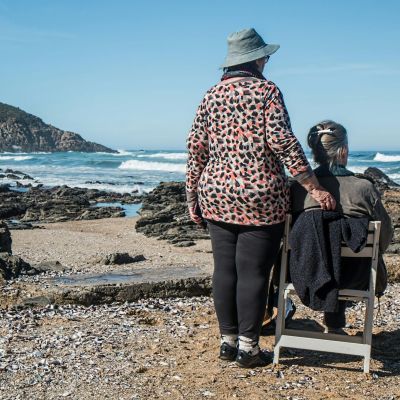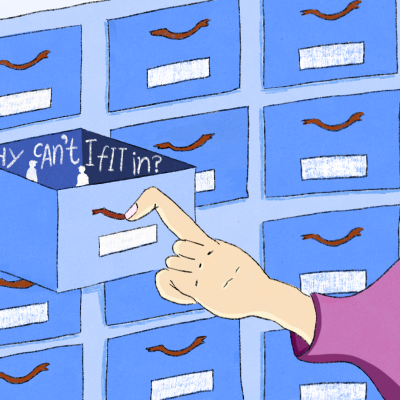consent
Even her talking to other men elicits a growl from these men, and it’s all supposed to be okay because they’re billionaires and 6’5 feet tall or something, oh and did I mention the abs?
Looking down upon the earth from many miles up in the sky, the divisions between land masses and water bodies…
There are times when we bend the rules and draw on the walls. This is one of those times. We listened in on some of the chatter online on the subject of consent and we ended up with some questions.
Consent cannot be a singular lesson plan. We need to reimagine the ways in which consent can be integrated into our curriculum content, conversations, and how we role-model it.
The language of consent is not neutral. It is rigid where it should be nuanced, malleable where it should be firm. Yes is an all-encompassing spirit, ever-expanding; No is frustratingly constricted, barely visible.
Look sharp. Consent is tricky, hiding secrets behind the empowerment toolkit and all our good intentions. Why? Because we activate this value-loaded word in a world where many, or most things, are still about the first-mover advantage. A world that holds typically narrow views of capacity, ability and success.
The sheer ignorance of the intricacies of consent, or its performance, serves only to strengthen the enduring patriarchal framework that holds sway in a society where the bodies, desires, and even voices of women have been, and, tragically, continue to be, defined and controlled by men.
Consequently, a “yes” – whether verbal or gestural – cannot be shallowly inferred as an authentic, unambiguous, and static agreement to a “contract” proposed by men.
When a woman, in her own house, is told by her family members, to always seek their consent before doing anything, and to always keep them informed of every activity she engages in, or even to seek a job in her chosen field, her freedom is taken away from her. She is expected to take their consent for anything and everything, but her own consent is taken away from her.
… when they believed we were of the right age to marry, they urged us to “leave everything behind and get settled”. When marriage is considered such an important institution in our society, why not teach us about consent as well?
…when both of us speak about the way we engage in our workspaces, we find common contradictions and barriers. How does a queer person navigate these barriers, constantly negotiating when, where and on what terms to engage? To be seen or to remain unseen?
…what is there to misunderstand
about hands that take without asking,
about silence twisted into consent
by those who have never had to be afraid?
Our bodies become the form and medium through which we present ourselves to the outside world, engage with it, interact with it, perceive it and are perceived by it.
Dilli ki Galiyaan therefore offers us a broader canvas for our desires, than the one afforded by the clear cut binaries of our current debates. The text shows that there will be masculinities that we urgently need to discourage; while men who do not encourage us will continue to exist.
It’s clear Ms. Nisha is not here to shame them or lecture them. She’s here to give them words when they have none.
Growing up, for me, has been about accepting that the loneliness and sadness woven into the fabric of my being do not go away with entering conventional arrangements like monogamous relationships or marriage.















